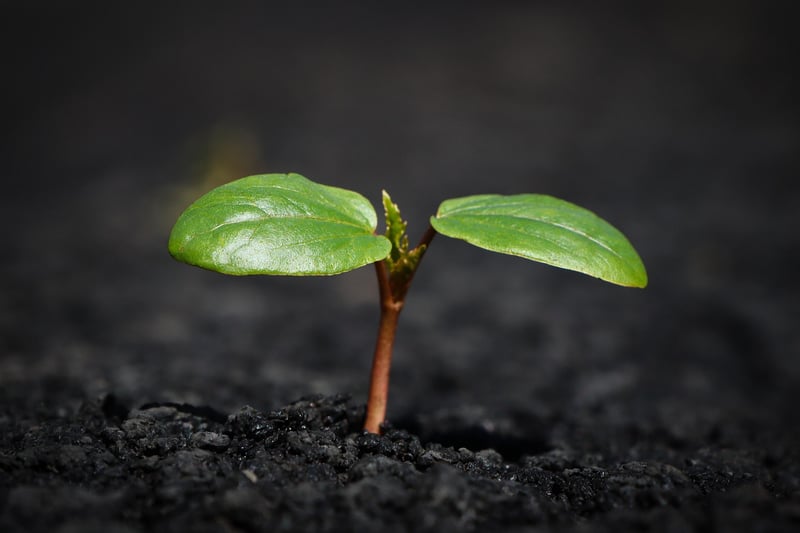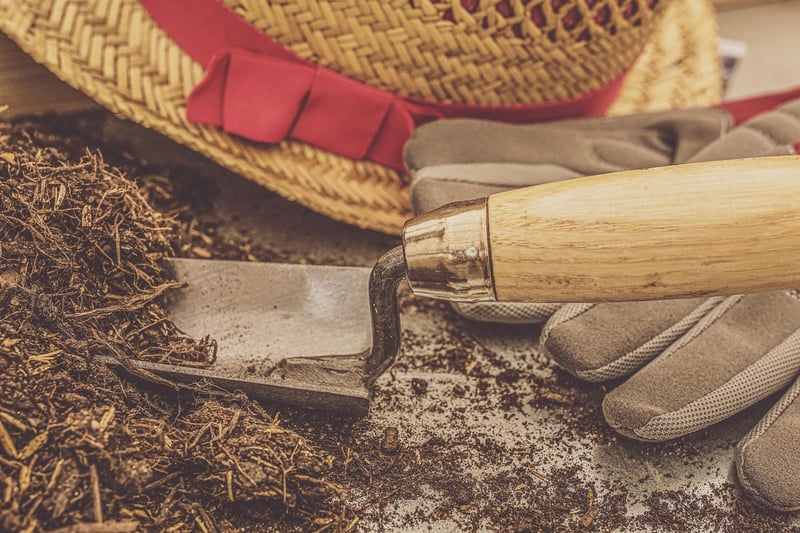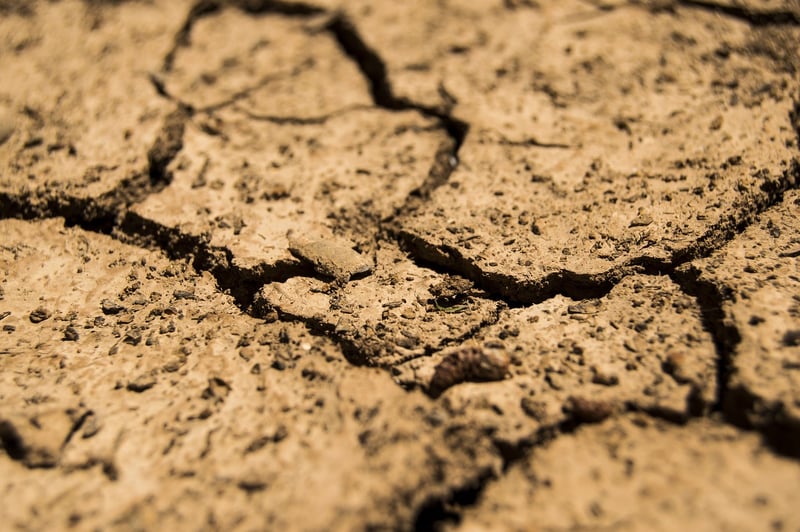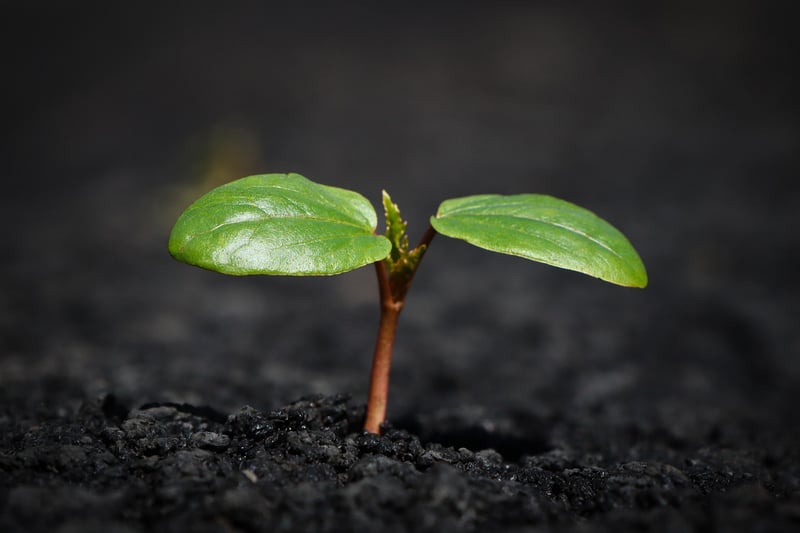Soil Nutrition
Nurture Your Plants with Proper Soil Nutrition

Plants are not just decorative objects; they are living organisms that require proper care and nutrition to thrive. One essential aspect of plant care is ensuring that they have the right soil nutrition. Soil provides plants with essential nutrients, water, and support for their roots. Here are some tips on how to nurture your plants by optimizing soil nutrition:
Choose the Right Soil
Not all soils are created equal. Different plants have different soil requirements. Some plants thrive in well-draining sandy soil, while others prefer nutrient-rich loamy soil. Before planting, research the specific soil needs of your plants and choose a soil type that suits them best.
Use Organic Matter
Adding organic matter such as compost, manure, or leaf mold to your soil can improve its structure and fertility. Organic matter enhances soil aeration, drainage, and nutrient-holding capacity, providing a healthy environment for plant roots to grow and absorb essential nutrients.

Fertilize Regularly
In addition to organic matter, plants may require additional fertilization to ensure they receive all the necessary nutrients for healthy growth. Choose a balanced fertilizer or specific formulations based on your plant's needs and apply them according to the instructions to avoid over-fertilization.
Monitor Soil pH
The pH level of the soil can greatly impact nutrient availability to plants. Most plants prefer slightly acidic to neutral soil conditions. Test your soil pH regularly using a pH meter and adjust it if necessary by adding amendments like lime to raise pH or sulfur to lower it.

Practice Crop Rotation
Rotating your crops in different areas of the garden each season can help prevent nutrient depletion in the soil. Different plants have varying nutrient requirements, so rotating them can balance soil fertility and reduce the risk of soil-borne diseases.
Mulch Your Garden
Applying a layer of mulch on top of the soil can help retain moisture, suppress weeds, regulate soil temperature, and improve soil structure as it breaks down. Organic mulches like wood chips, straw, or leaves also contribute to soil nutrition as they decompose.

By following these soil nutrition tips, you can create a healthy and fertile environment for your plants to flourish. Remember, healthy soil leads to healthy plants!
References: Gardening Know How, University of Minnesota Extension
